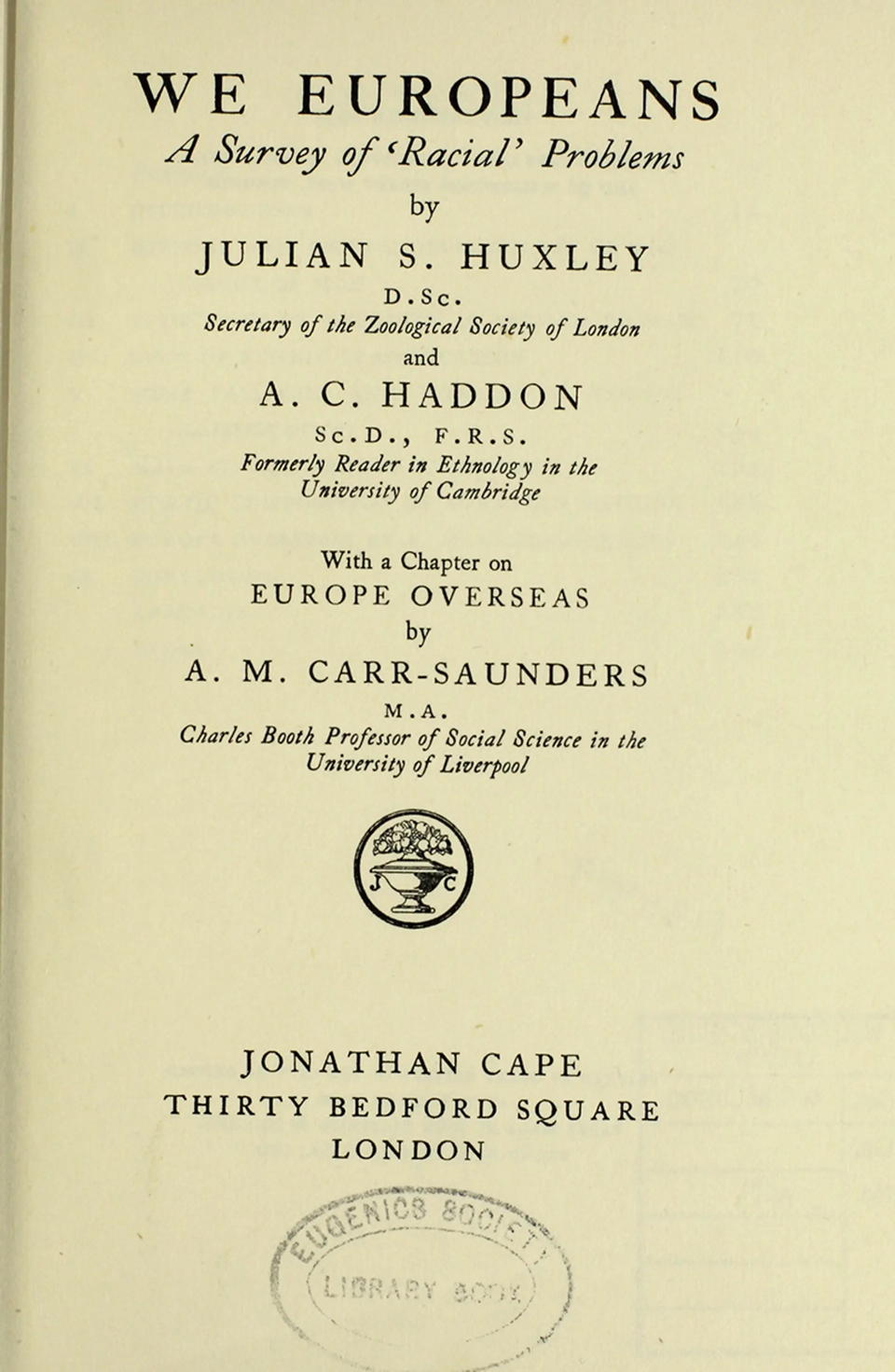The eugenicist of UNESCO
By Stefan Bernhardt-Radu,
Aeon
| 12. 02. 2024
Why did Julian S Huxley, first director of the UN agency, think eugenics held the key to a more evolved, harmonious world?
In the 18th century, European scholars began to envision a more enlightened world in harmony with nature. The old aristocratic regime, some hoped, would soon be replaced by a progressive society in which moral and social values were aligned with the natural and mechanical sciences. Aligning with nature, however, was not always a straightforward or positive process. In an enlightened world, human populations could not expand indefinitely. Resources would quickly become depleted by growing demand, which would slow progress and send humanity backward. That is why, at the end of the century, the British economist Thomas Malthus proposed that the growth of human populations needed to be kept in check. Like other species that were held in equilibrium with their environment, we should also find a balance between the supply of available resources and their demand. But if we failed to control our own populations, Malthus believed that war, famine or disease would do it for us. For humanity to advance, we needed hard limits.
Malthus’s ideas emerged at a time when Britain was being socially reconfigured. Rapid industrialisation and...
Related Articles
By David Jensen, California Stem Cell Report | 02.10.2026
Touchy issues involving accusations that California’s $12 billion gene and stem cell research agency is pushing aside “good science” in favor of new priorities and preferences will be aired again in late March at a public meeting in Sacramento.
The...
By Teddy Rosenbluth, The New York Times | 02.09.2026
Dr. Mehmet Oz has urged Americans to get vaccinated against measles, one of the strongest endorsements of the vaccine yet from a top health official in the Trump administration, which has repeatedly undermined confidence in vaccine safety.
Dr. Oz, the...
By Leah Romero, SourceNM | 02.06.2026
An historical poster from 1977 created by Rachael Romero for the
Wilfred Owen Brigade in San Francisco, California. (Library of Congress)
Members of the New Mexico Legislature’s House Government, Elections and Indian Affairs Committee advanced a memorial Friday that calls...
By Pei-Chieh Hsu, Taiwan Insight | 02.02.2026




